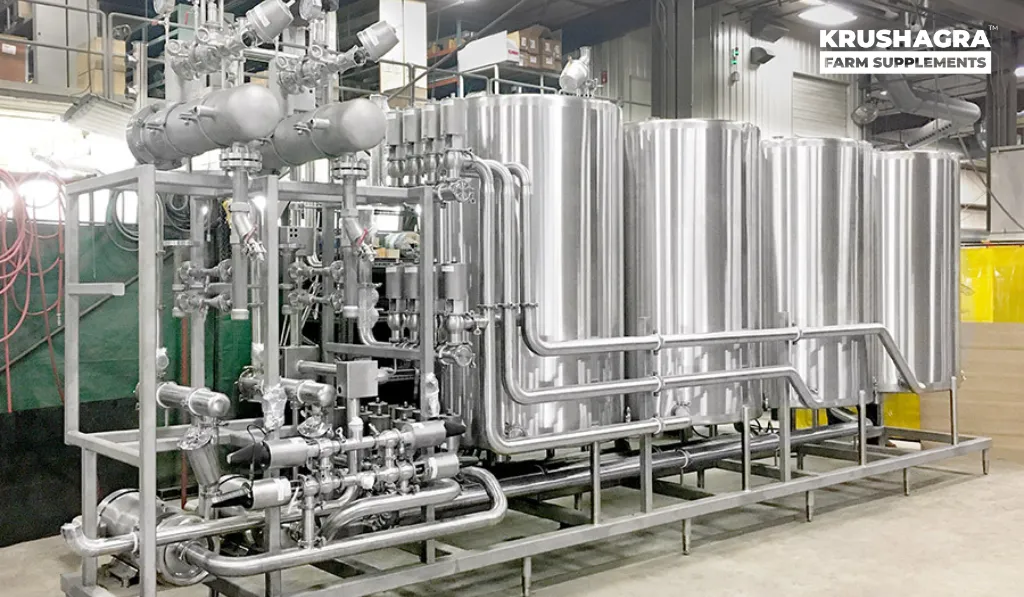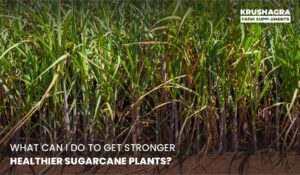Introduction:
Maintaining high standards of cleanliness and sanitation is crucial in dairy operations to ensure the safety and quality of products. Dairy cleaners play a vital role in achieving these standards by effectively removing soil, organic matter, and bacteria from surfaces in dairy processing facilities.
In this guide, we’ll explore the key factors to consider when choosing environmentally friendly dairy cleaners to promote sustainability while maintaining optimal hygiene.
Understanding Environmentally Friendly Dairy Cleaners:
Environmentally friendly dairy cleaners are formulations that are designed to clean and sanitize dairy processing equipment and environments while minimizing their impact on the environment. These cleaners are formulated with biodegradable ingredients and eco-friendly surfactants, reducing pollution and preserving natural resources.
By choosing environmentally friendly dairy cleaners, dairy operations can minimize their carbon footprint and contribute to sustainable practices in the industry.
Factors to Consider When Choosing Environmentally Friendly Dairy Cleaners:
Selecting environmentally friendly dairy cleaners involves considering several key factors to ensure effective cleaning and sanitation practices while promoting sustainability.
Here are some important factors to keep in mind:
1) Cleaning Performance:
Evaluate the cleaning performance of environmentally friendly dairy cleaners, ensuring they effectively remove soil, milk residues, fats, and proteins from surfaces. Look for cleaners with strong degreasing and emulsifying properties to achieve thorough cleaning results without compromising effectiveness.
2) Sanitization Efficacy:
Choose environmentally friendly dairy cleaners that not only clean but also sanitize surfaces to kill bacteria and other pathogens. Ensure that the cleaners have been tested and approved for their sanitizing efficacy against common dairy pathogens, meeting regulatory standards for food safety.
3) Biodegradability:
Opt for dairy cleaners formulated with biodegradable ingredients that break down naturally in the environment without causing harm to ecosystems. Biodegradable cleaners minimize pollution and reduce the environmental impact of wastewater discharged from dairy facilities.
4) Eco-Friendly Surfactants:
Look for dairy cleaners that contain eco-friendly surfactants derived from renewable sources such as plant-based oils or sugars. These surfactants are biodegradable and less harmful to aquatic life compared to conventional surfactants derived from petrochemicals.
5) Phosphate-Free Formulation:
Avoid dairy cleaners containing phosphates, which can contribute to water pollution and eutrophication in aquatic ecosystems. Choose phosphate-free cleaners that are formulated to achieve effective cleaning results without relying on harmful phosphorus compounds.
6) Low VOC Content:
Check the volatile organic compound (VOC) content of dairy cleaners, opting for formulations with low VOC levels to minimize air pollution and indoor air quality issues in dairy facilities. Low VOC cleaners are safer for workers and contribute to a healthier working environment.
7) Reduced Packaging Waste:
Consider the packaging of dairy cleaners and choose products that use recyclable or biodegradable packaging materials to minimize waste generation. Look for cleaners available in concentrated formulations or bulk packaging options to reduce packaging waste and transportation emissions.
8) Energy Efficiency:
Assess the energy efficiency of dairy cleaning processes and equipment used in conjunction with environmentally friendly cleaners. Implement energy-saving practices such as using cold water for cleaning, optimizing cleaning cycles, and investing in energy-efficient cleaning equipment to reduce energy consumption and greenhouse gas emissions.
9) Regulatory Compliance:
Ensure that environmentally friendly dairy cleaners comply with regulatory standards and guidelines for environmental protection and workplace safety. Choose cleaners that are certified by reputable eco-labeling programs or endorsed by environmental organizations for their sustainability credentials.
10) Manufacturer Commitment to Sustainability:
Select dairy cleaners from manufacturers committed to sustainability and corporate responsibility. Look for companies that prioritize environmental stewardship, transparency, and accountability in their operations, supply chain management, and product development processes.
Conclusion:
Choosing environmentally friendly dairy cleaners is essential for promoting sustainability and reducing the environmental impact of dairy operations. By considering factors such as cleaning performance, sanitization efficacy, biodegradability, eco-friendly surfactants, phosphate-free formulation, low VOC content, reduced packaging waste, energy efficiency, regulatory compliance, and manufacturer commitment to sustainability, dairy operations can make informed decisions and select cleaners that align with their sustainability goals and values.
With the right environmentally friendly dairy cleaners in place, dairy facilities can achieve optimal hygiene standards while minimizing their ecological footprint and contributing to a more sustainable future.





